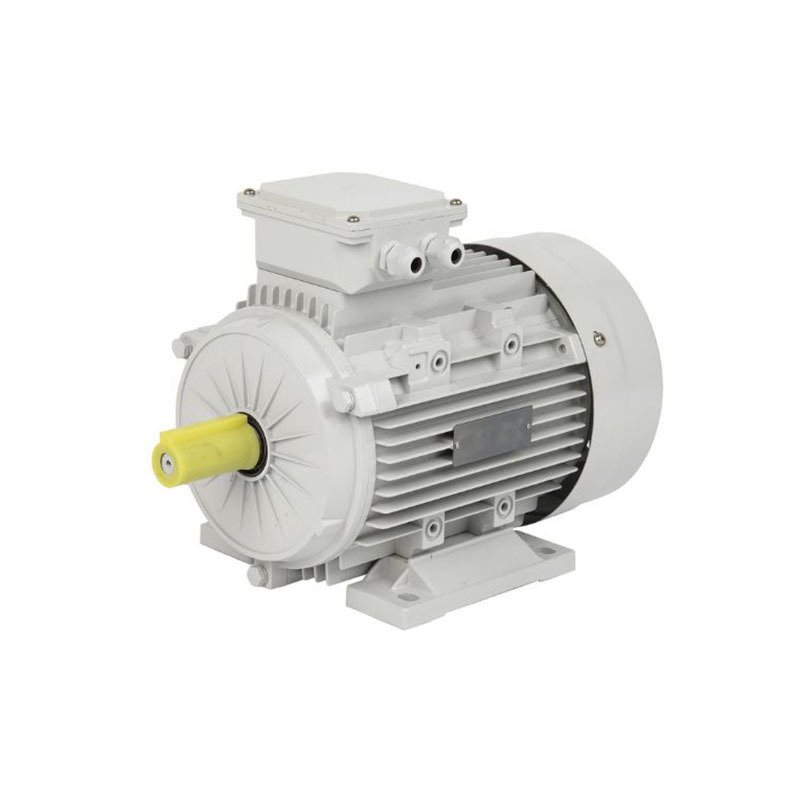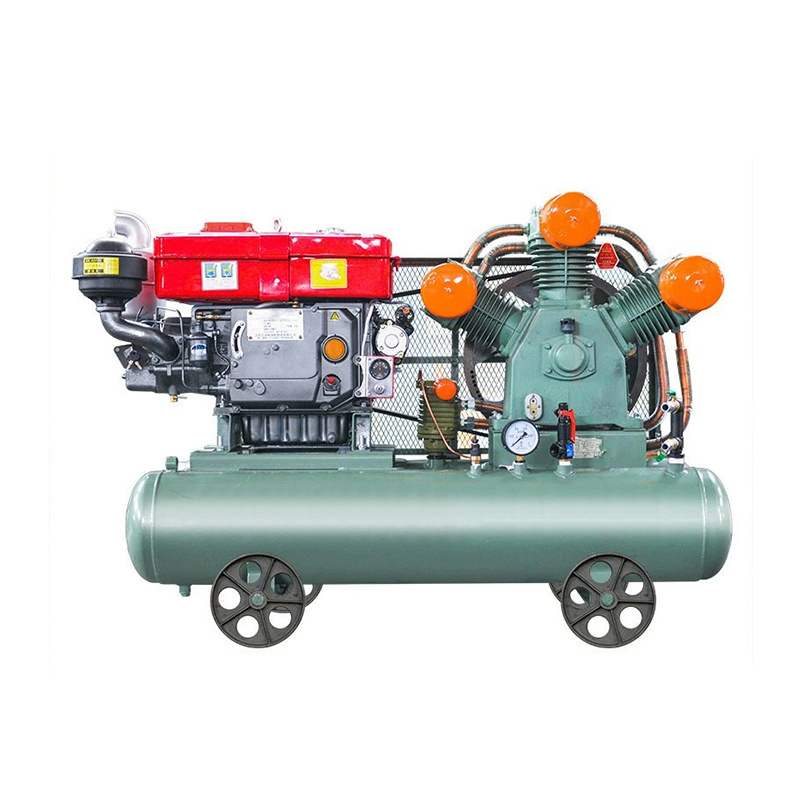





Title: Small Crusher
Introduction
In the world of construction and mining, efficiency and productivity are paramount. One of the tools that play a crucial role in these industries is the small crusher. These machines are designed to break down larger materials into smaller, more manageable pieces, making them essential for various applications. This article explores the functionality, types, benefits, and considerations of small crushers in the industry.
What is a Small Crusher?
A small crusher is a compact piece of machinery used to reduce the size of materials such as rocks, concrete, and asphalt. These machines are typically used in smaller-scale operations or projects where space is limited, and large crushing equipment would be impractical. Small crushers can be powered by electricity, diesel, or gasoline, and they come in various designs, including jaw crushers, impact crushers, and cone crushers.
Types of Small Crushers
1. Jaw Crushers:
Jaw crushers are one of the most common types of small crushers. They operate by using two jaws, one stationary and the other moving, to crush materials. The material is fed into the top of the crusher and is crushed as it moves down through the jaws. This type of crusher is known for its ability to handle hard and abrasive materials, making it ideal for mining and construction applications.
2. Impact Crushers:
Impact crushers utilize the principle of impact to break down materials. They consist of a rotor that spins at high speeds and throws materials against a hard surface, causing them to shatter. This type of small crusher is particularly effective for softer materials and is often used in recycling operations.
3. Cone Crushers:
Cone crushers are designed to crush materials using a rotating cone that compresses the material against a fixed outer surface. They are often used for secondary or tertiary crushing, making them suitable for reducing the size of materials that have already been processed by primary crushers.
Benefits of Using Small Crushers
1. Space Efficiency:
One of the primary advantages of small crushers is their compact size. They can easily fit into smaller workspaces, allowing for flexibility in project locations. This is especially beneficial in urban areas or sites with limited access.
2. Cost-Effectiveness:
Small crushers are generally more affordable than their larger counterparts. Their lower initial investment, coupled with reduced operational costs, makes them an attractive option for small businesses and contractors. Additionally, their ability to recycle materials on-site can lead to significant savings in transportation and disposal costs.
3. Versatility:
Small crushers are highly versatile and can handle a wide range of materials. From concrete and asphalt to rocks and bricks, these machines can adapt to various applications, making them valuable assets in multiple industries.
4. Environmental Benefits:
Using small crushers contributes to sustainability efforts by promoting recycling and reducing waste. By crushing and reusing materials, companies can minimize their environmental footprint and comply with regulations regarding waste disposal.
Considerations When Choosing a Small Crusher
1. Material Type:
When selecting a small crusher, it is essential to consider the type of material you will be processing. Different crushers are designed for specific materials, so understanding the characteristics of the material is crucial for optimal performance.
2. Production Capacity:
The production capacity of a small crusher refers to the amount of material it can process within a specific timeframe. Depending on the project's scale, you may need a crusher with higher or lower capacity. It is important to choose a machine that aligns with your production requirements.
3. Maintenance and Support:
Like any machinery, small crushers require regular maintenance to ensure optimal performance and longevity. When purchasing a small crusher, it is essential to consider the availability of spare parts, service support, and the manufacturer's reputation for reliability.
4. Portability:
For projects that require mobility, the portability of a small crusher is a crucial factor. Many small crushers are designed to be easily transported, allowing for quick setup and operation at different job sites.
Conclusion
Small crushers are invaluable tools in the construction and mining industries, providing efficiency, cost-effectiveness, and versatility. Their compact size allows them to operate in tight spaces, while their ability to handle various materials makes them suitable for numerous applications. By understanding the different types of small crushers, their benefits, and the considerations involved in selecting the right one, businesses can enhance their operations and contribute to more sustainable practices. As industries continue to evolve, the role of small crushers will remain significant, ensuring that materials are processed efficiently and effectively.
Keywords






Hammer crusher
Contact Us
Classification








